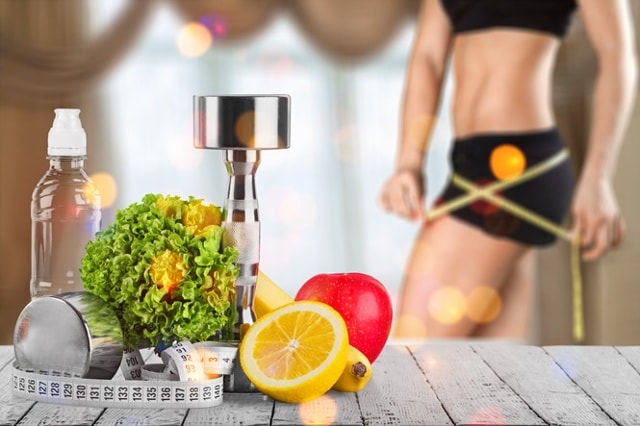7 natural ways to fight varicose veins
Our vascular system is an intricate network of arteries and veins that delivers oxygen and nutrients to our tissues and internal organs.
As we age, these blood vessels weaken, which, if left untreated, can lead to a host of complications. Here are some daily habits that can help keep your veins healthy, according to Bel Marra Health.
 |
Add color to your plate
Adding fruits and vegetables will brighten up your plate and make it more vibrant. Bioflavonoids, commonly found in citrus peels and blackcurrants, are known to help with blood circulation.
The abundance of antioxidants that fruits and vegetables contain helps reduce inflammation and boost collagen. Fruits and vegetables that contain these essential nutrients include broccoli, spinach, garlic, strawberries, mango, and papaya.
Load up on fiber
Having an adequate amount of fiber in your diet not only helps regulate digestion but also reduces the risk of high cholesterol, a major contributor to venous insufficiency. The recommended fiber intake is 21-25 grams per day for women and 30-38 grams per day for men.
Replacing everyday foods like white bread or sugary snacks with higher-fiber alternatives, such as whole-grain breads and fruit, is a great way to stay regular. Other sources of grain-based fiber include oatmeal, barley, brown rice, and popcorn.
Drink more water
Staying hydrated is vital for good health and can even help with the symptoms of varicose veins. Water helps flush out toxins from the body and aids in bowel movements. It is important to start your day by drinking at least 1 glass of water in the morning, as you tend to urinate when you wake up.
Also, it is a good idea to carry a bottle of water with you throughout the day to prevent thirst.
Reduced sodium
Sodium is an essential part of a balanced diet, but too much of it can be harmful. In today's age of fast food and packaged goods, excessive sodium intake has become a real problem, as it is often added to enhance flavor.
Too much sodium can cause your body to retain water, increasing your blood pressure and ultimately damaging your blood vessels. It is advisable to read the nutrition information on product labels before buying, as many products may contain hidden sodium.
Omega-3 fatty acids
Found in fish oils and many nuts, this fatty acid can help lower triglyceride levels, thereby reducing the risk of heart disease. Omega-3 fatty acids are also effective in reducing the stiffness and pain in the joints caused by rheumatoid arthritis.
Additionally, it enhances the effectiveness of anti-inflammatory drugs. Omega-3 fatty acids can positively impact the flexibility of arteries, helping to reduce arterial stiffness in the elderly.
Vitamin C
One of the most common antioxidants, vitamin C is found in most fruits and vegetables. It can protect the heart, blood vessels, and other tissues from damage caused by harmful substances called free radicals.
This vitamin is also an important component in the formation of collagen, the protein needed to keep the walls of veins and arteries healthy. Just get a small amount of vitamin C each day, 90 milligrams for men and 75 milligrams for women.
Losing weight
Being overweight not only affects your self-confidence but also your health. Many studies have shown that obesity and the development of varicose veins are linked.
Accordingly, for women who gain even a little weight (with a body mass index of 25 - 29.9 kg/m2) the risk of varicose veins increases 1.5 times compared to those who are not overweight. Women with a body mass index over 30 have a 3 times increased risk.
According to TNO
| RELATED NEWS |
|---|

